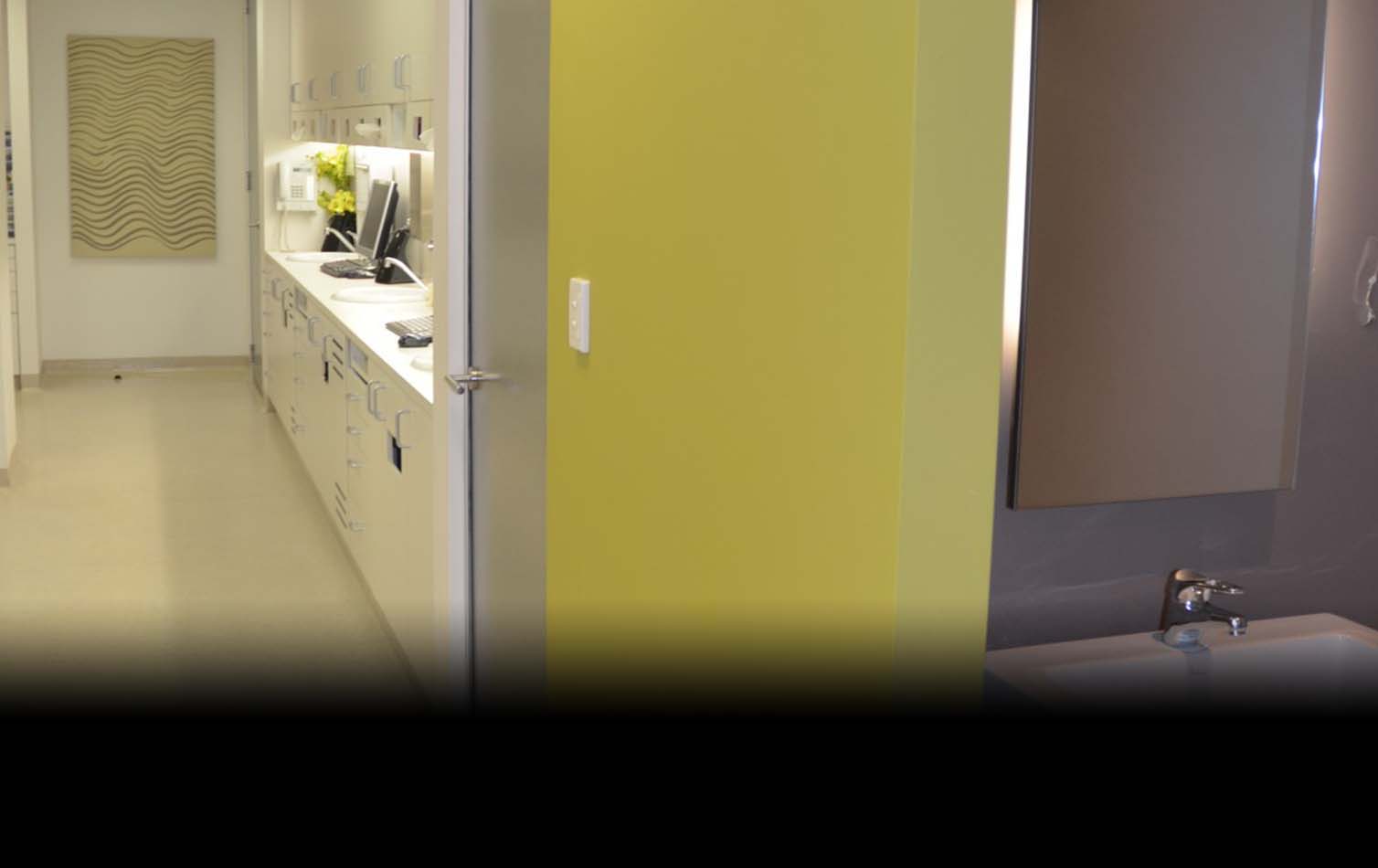Sydney Orthodontists
Dr. James Choi
BDS(Hons), BScDent(Hons),
MDSc(Ortho), PhD
BDS(Hons), BScDent(Hons),
MDSc(Ortho), PhD
Mosman Office Location
Level 2, 393 Military Rd.
Mosman NSW 2088
Mosman NSW 2088
Chatswood Office Location
Suite 402, 71 Archer St
Chatswood NSW 2067
Chatswood NSW 2067
Contact Us
Fax: (02) 9969 1454
Email: topbraces@yahoo.com
Web: www.sydneybraces.com
Email: topbraces@yahoo.com
Web: www.sydneybraces.com
Surgical Orthodontics
 Surgical orthodontics, also known as orthognathic surgery, is a type of orthodontic treatment used to correct severe cases, including bad bites, jawbone abnormalities, and malocclusion. Oral and Maxillofacial surgery focuses on treating complex craniofacial cases that involve the mouth, jaw, face, and skull. Your orthodontist will work with an oral and maxillofacial surgeon to ensure that if you need surgical orthodontics you receive the best care possible.
Surgical orthodontics, also known as orthognathic surgery, is a type of orthodontic treatment used to correct severe cases, including bad bites, jawbone abnormalities, and malocclusion. Oral and Maxillofacial surgery focuses on treating complex craniofacial cases that involve the mouth, jaw, face, and skull. Your orthodontist will work with an oral and maxillofacial surgeon to ensure that if you need surgical orthodontics you receive the best care possible.
When might surgical orthodontics be needed?
Surgical orthodontics may be used to treat adults with improper bites or other aesthetic concerns. Typically, jaw growth stops by age 16 in females and 18 in males. In order to receive orthognathic surgery, the jaw must be done growing. The need for surgical orthodontics occurs when the jaws do not line up correctly and a proper bite cannot be achieved with orthodontic treatment alone. Orthognathic surgery will help properly align the jaw, and orthodontic braces will then be used to move the teeth into their proper position.
How do I know if I need orthognathic surgery?
Your orthodontist can tell you if orthognathic surgery is needed as part of your treatment. Depending on the severity of your case and the alignment of your jaw, you may or may not need surgery.
How does orthognathic surgery work?
An oral and maxillofacial surgeon will perform your orthognathic surgery, and the surgery will take place in a hospital. Orthognathic surgery can take several hours, depending on each individual case. Once the surgery is complete, you will have about a two-week rest period. Since orthognathic surgery is a major treatment, we recommend that you schedule some time away from work and school during the healing process. After your jaw has healed, your orthodontist will once again “fine-tune” your bite. After surgery, you will have to wear braces, and most braces are removed within six to twelve months following surgery. After your braces are removed, you will wear a retainer to help maintain your new smile.
What are the risks associated with orthognathic surgery?
As with any major medical surgery, there may be certain risks of having orthognathic surgery. However, the process of orthognathic surgery is not new, and it has been performed for many years in practices and hospitals. If you’re concerned about an upcoming treatment with orthognathic surgery, please contact our practice and let us know. We are happy to answer any questions that you may have as well as provide you with any additional information.
What are the rewards of having orthognathic surgery?
For many patients, the most important reward of having orthognathic surgery is achieving a beautiful, healthy smile that lasts a lifetime. Whether you need orthodontic treatment to correct a bad bite, malocclusion, or jaw abnormality, orthognathic surgery can help restore your confidence and leave you brilliantly smiling for many years to come.














